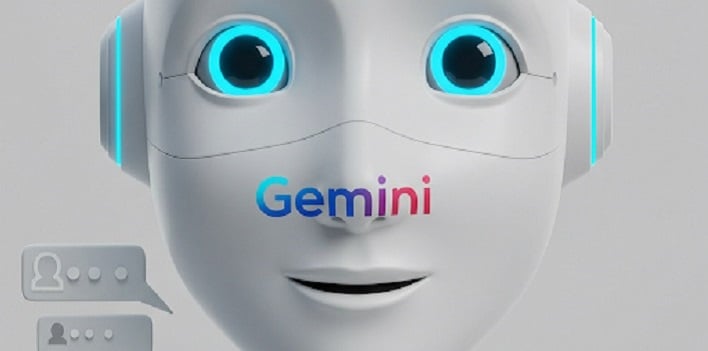Google AI Co-Scientist Arrives To Turbocharge Scientific Research
Google has announced that the usual time constraints, which typically slow down scientific discoveries and delay breakthroughs, will be addressed by the AI tool. However, the company clarified that its upcoming tool would not serve as a substitute for human scientists and conduct complicated science research independently; rather, it will operate based on research objectives and scientific models provided by human researchers.
The AI co-scientist system is undergoing a series of tests to help evaluate its effectiveness. In one of the tests, it was tasked with proffering a solution to the menace of antibiotic-resistant pathogens. The result? Google claimed that the tool proffered practical solutions to this decade-long medical challenge. However, this is not the first time an AI model has been tasked with drug-resistant related problems. In 2023, for example, the Massachusetts Institute of Technology (MIT) deep-learning model led to the discovery of a novel antibiotic compound effective against a resistant bacteria responsible for over 10,000 annual deaths in the US.
In another test, scientists tried using AI co-scientists to discover new drug uses. Google's report confirmed that the collaborative AI tool identified a drug for myeloid leukemia. Subsequent experiments validated this discovery, proving that the identified drug truly contained tumor-inhibiting properties.

In the meantime, AI co-scientist remains in a testing phase and is only accessible to a few researchers participating in Google's Trusted Tester Program. However, Google has confirmed that other interested researchers can apply online to participate in the program.

